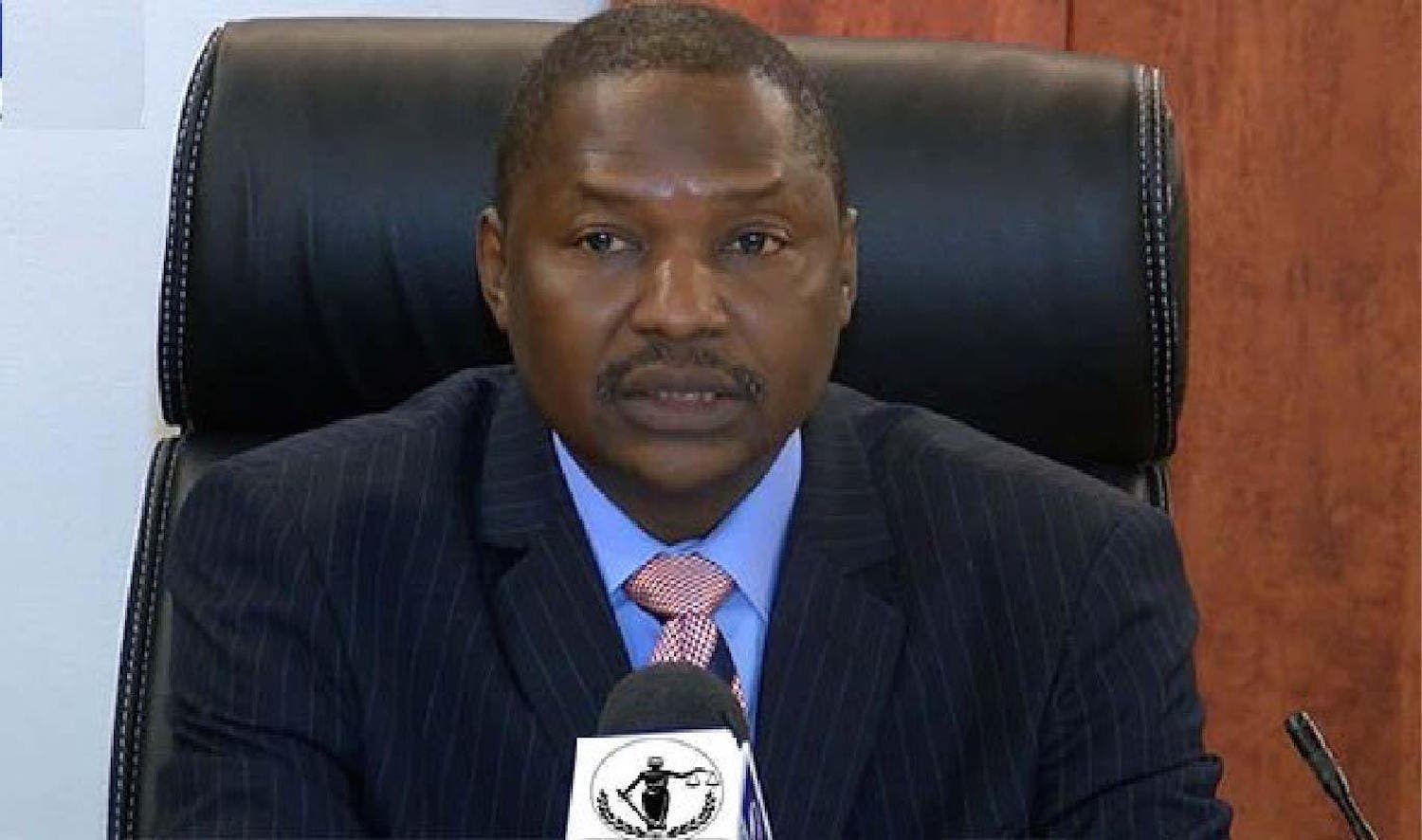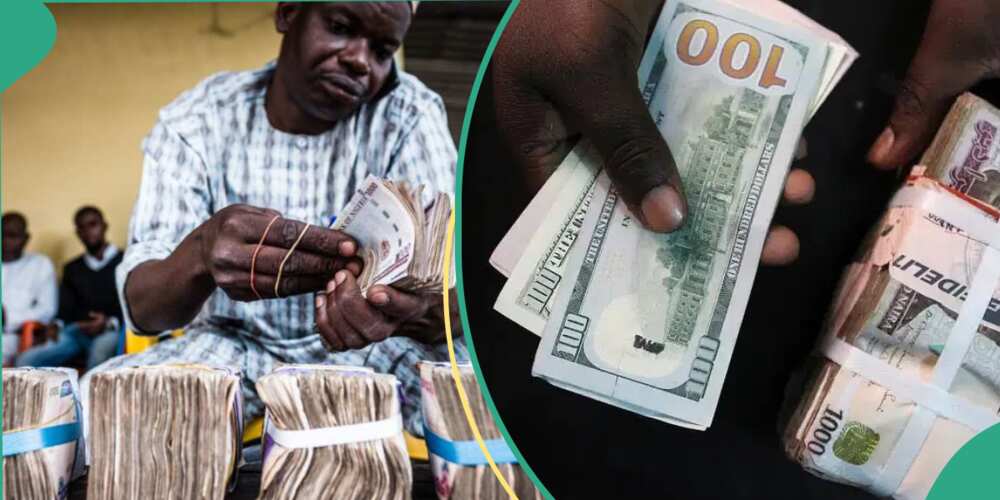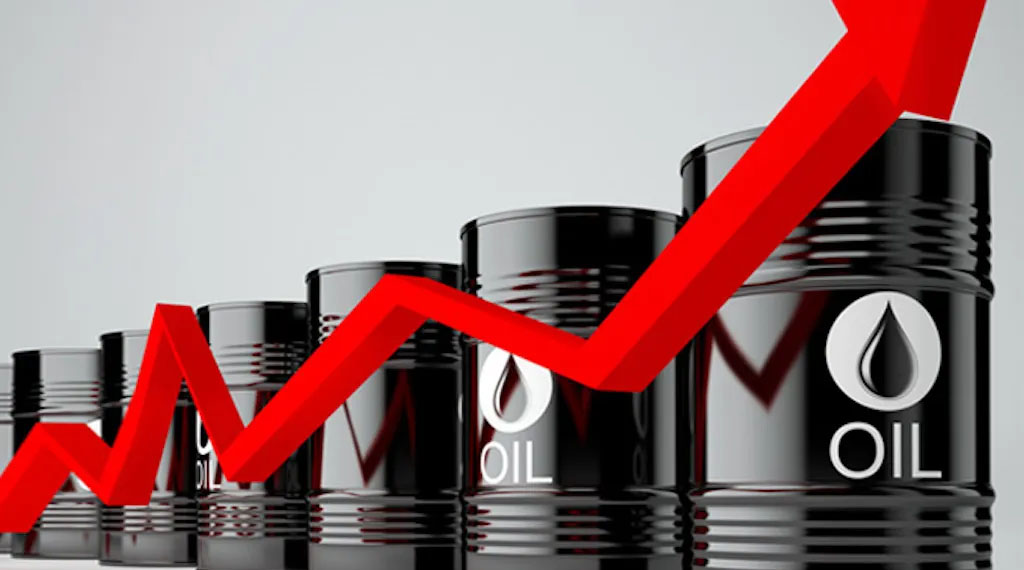Business
Malami writes governors on stamp duty, says no recoveries yet

The Attorney General of the Federation (AGF) and Minister of Justice, Abubakar Malami (SAN) has written letters to all the 36 state governors in the country over compliance with audit and recovery of back years of stamp duty from January 15, 2016, to June 30, 2020.
“Pursuant to Mr. President’s approval and directives, I also wish to request Your Excellency to direct the State Ministries, Departments, Agencies, and Regulatory Institutions of Financial Sector to engage and grant access to the appointed Recovery Agents for the purpose of the Audit and Recovery of Stamp Duty to ensure that all established liabilities are remitted as appropriate,” the letter reads in part.
The Special Assistant on Media and Public Relations to the minister, Dr. Umar Gwandu, said in a statement made on Wednesday that no actual recovery has been made and added that recoveries are being conducted for the Federal Ministries, Departments, Agencies and Financial Institutions and that liabilities are being established at this stage.
According to the statement, Section 111 of the Stamp Duty Act granted the AGF an exclusive power to recover any outstanding payment or remittances related to stamp duty.
The letters, Gwandu said, were written pursuant to the provision of Section 111 of the Stamp Duty Act which provides that, “all duties, fines, penalties and debts due to the Government of the Federation imposed by this Act shall be recoverable in a summarily manner in the name of the Attorney General of the Federation or the State”.
He said what the AGF did, was to activate those powers, conduct the audit and recovery of back years stamp duty in collaboration with stakeholders.
Malami said the Federal Government has set up an Inter-Ministerial Committee on Audit and Recovery of Back years Stamp Duties from January 15, 2016, to June 30, 2020.
Members of the committee, he said, were drawn from the AGF’s office, in collaboration with relevant agencies including the Office of the Secretary to the Government of the Federation, Federal Inland Revenue Service, Office of the Accountant General of the Federation, Ministry of Finance, Central Bank of Nigeria, Revenue Mobilization and Fiscal Allocation Commission, among others.
In view of the need to provide a comprehensive overview of the process and for proper understanding of the task, the Statement said the AGF organized a meeting with Attorneys General of States as they have similar powers with respect of stamp duty of Ministries, Departments, Agencies and Financial Institutions in their respective states.
Attorneys-general of the 36 states of the federation had last week, dragged Malami before the Supreme Court over alleged failure of the federal government to remit funds generated from stamp duties into the accounts of state governments.
The states said in their suit that they are the sole authority to collect stamp duties and not the federal government.
In the suit marked SC/CV/690/2021, dated, August 24, the attorneys are asking the court to issue an order directing Malami to account for and pay back all monies collected by way of stamp duties on individual persons’ transactions within the respective states of the Plaintiffs from the period 2015-2020 and thereafter till the time of the judgment as well as an order directing him to pay them all the sum of monies amounting to N176,067,400,000,00) representing ascertained and admitted collected stamp duties on individual persons’ transactions within their respective states for the period of 2015- 2020 and thereafter till the time of the judgment of the court or any other sum as they may be found entitled by the court.
“An order of perpetual injunction restraining the defendant by himself, privies, agents or any persons by whatever name or how so ever called from appointing anyone for the purpose of collecting Stamp Duties on individual persons’ transactions within the respective states of the plaintiffs henceforth”, among other reliefs.
Business
Naira records five-month highest gain, sells below N1000/$ at parallel market

Naira records five-month highest gain, sells below N1000/$ at parallel market
The naira continued its positive showing against the United States dollar on Monday, selling below N1000/$ in some segments of the parallel market.
Newstrends reports that the Federal Government, groups and some individuals have mounted a spirited campaign for those hoarding the dollars to push them out as naira continues to appreciate.
On Monday, the naira was offered in some parts of Lagos and Abuja between N995 and N1,050 per dollar in the parallel market. It was N1,230/$ on Friday.
The latest gain, being over five-month highs, came in the wake of the Iranian attack on Israel and a rise in the crude oil price.
Goldman Sachs, American investment bank economists, had earlier predicted that the naira’s bullish momentum on the foreign exchange market would likely cause it to trade for less than N1,000 per US dollar in the coming months.
According to a report by Nairametrics, the group claimed that the rally in Nigerian currency helped recover from large losses after two devaluations since last June by being bolstered by capital inflows and successive interest rate hikes.
In March, Goldman Sachs projected that the Naira would appreciate to N1,200 per dollar in 2024.
At the official foreign exchange market, the rate was put at N1,136/$ in contrast with N1,205/$ last Friday.
The top bank has implemented several policy initiatives in recent months to bring stability to the foreign exchange market.
The CBN increased interest rates to 24.75% at the most recent meeting of the Monetary Policy Committee (MPC), which helped it recover losses from the two devaluations that occurred since June of last year.
Further gains for the naira result from the CBN’s ongoing intervention, which involves selling foreign exchange to Bureau De Change operators at a revised rate.
The market anticipates higher inflows of US dollars from the sale of foreign currency bonds in the second quarter as disclosed by Finance Minister Wale Edun.
The Federal Government has just offered high-yield short-term debt products at a premium to entice overseas capital into the economy.
The Middle East’s geopolitical unrest and
Notwithstanding a drop in Nigeria’s production volume, crude oil prices have risen beyond $90.
Nigerian grades of oil are trading at a premium to the ICE Brent benchmark.
The Middle East’s geopolitical unrest and the anticipation of an Iranian government strike on Israel caused oil prices to soar.
Business
Breaking: Nigeria’s inflation rises to 33.2%, says NBS

Breaking: Nigeria’s inflation rises to 33.2%, says NBS
The National Bureau of Statistics (NBS) says the nation’s inflation rate rose to 33.2 per cent for the month of March 2024.
This represents a 1.5 per cent increase over 32.7 per cent recorded in February 2024.
The NBS disclosed this in a new report released on Monday.
It explained that the rise was primarily due to higher costs of food, beverages, energy, and housing. Compared to February 2024, the inflation rate in March increased at a slower pace, with food inflation reaching 40.01% year-on-year.
NBS attributed the spike in food prices to the rising costs of items like garri, millet, yam tubers, and others. On a month-on-month basis, food inflation slightly decreased to 3.62% in March 2024.
Urban inflation also increased to 35.18% year-on-year in March 2024, while rural inflation stood at 31.45%.
Core inflation, which excludes volatile agricultural products and energy, was 25.90% year-on-year in March 2024.
Overall, the rising cost of living in Nigeria is evident in the significant increase in inflation rates across different categories.
It is crucial for policymakers to address these challenges to alleviate the financial burden on the population.
Business
Nigeria’s oil production drops by 2.8 million barrels in one month

Nigeria’s oil production drops by 2.8 million barrels in one month
The Nigeria Upstream Petroleum Regulatory Commission (NUPRC) has confirmed the data released by the Organisation of Petroleum Exporting Countries (OPEC), indicating a consecutive decline in Nigeria’s oil production for the second month in a row.
According to NUPRC reports, crude drilling operations in March saw a notable decrease, with production dropping from 1.42 million barrels per day (bpd) in January to 1.23 million bpd in March, marking a significant loss of approximately 2.8 million barrels over the month.
Minister of State for Petroleum Resources (Oil), Senator Heineken Lokpobiri, acknowledged the declining trend, attributing it to issues on the Trans Niger Pipeline (TNP) and maintenance activities by oil companies in Nigeria during the period.
READ ALSO:
- Army kills terrorists invading Kaduna with arms, ammunition
- El-Rufai’s Ally, Aisha, arrested over Facebook post against Gov Sani
- FG begs workers as electricity union insists on strike over tariff hike
However, beyond crude oil, condensate production, which typically falls outside OPEC’s quota calculation, also experienced a decline in March, further exacerbating Nigeria’s overall production slump.
-

 metro6 days ago
metro6 days agoTribute: C.K George, Epitome of Courage, by Kunle Awobodu
-

 metro5 days ago
metro5 days agoTroops arrest ISWAP commander involved in Army General, 3 soldiers’ killing in Borno
-

 News5 days ago
News5 days agoBREAKING: Ex-Abia gov, Ogbonnaya Onu, is dead
-

 metro6 days ago
metro6 days agoBandit kingpin, Dangote, siblings killed in Katsina
-

 News6 days ago
News6 days agoBetta Edu threatens to sue BBC, alleges defamation
-

 News6 days ago
News6 days agoI never said Aiyedatiwa is Tinubu’s preferred candidate in Ondo – Interior Minister
-

 metro6 days ago
metro6 days agoJUST IN: Actor Junior Pope resuscitated after death scare
-

 metro6 days ago
metro6 days agoPolice arrest female kidnapper in Ebonyi, rescue six abducted children






















